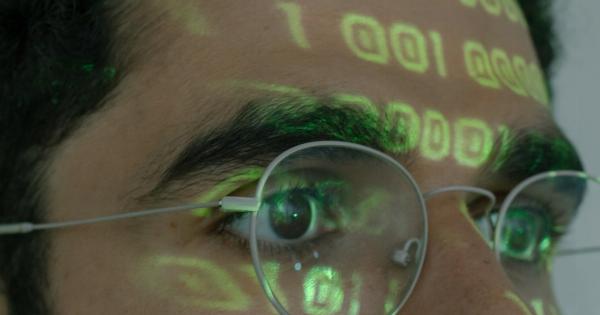Our eyes are probably the most precious organ of our body. They not only allow us to see the world around us but also convey our emotions to others.
However, with modern lifestyles, we tend to take our eyes for granted, often exposing them to harmful conditions that can cause permanent damage. Here are six tips to keep your eyes safe and healthy.
1. Wear Sunglasses
Ultraviolet (UV) rays from the sun can damage the retina and cornea of our eyes, leading to permanent vision loss. It’s essential to wear sunglasses that block 100% of both UVA and UVB rays whenever you are outdoors.
Additionally, choose wraparound glasses that protect your eyes from the side too.
2. Use Eye Protection
It’s critical to protect your eyes against injuries that can cause vision loss. This could happen while playing sports, performing DIY projects, or working with chemicals.
Make sure you wear goggles, safety glasses, or helmets with a face shield to avoid eye injuries.
3. Take Breaks
If you spend long hours working on a computer or other digital devices, you’re at higher risk of developing eye strain, blurred vision, dry eyes, and headaches. The 20-20-20 rule works wonders here.
Every 20 minutes, take a break and look at something 20 feet away for 20 seconds. It relaxes your eye muscles and reduces strain.
4. Follow a Nutritious Diet
Good nutrition is essential for maintaining healthy eyes. Include foods rich in antioxidants, vitamin A, C, and E, omega-3 fatty acids, and zinc in your diet. Some eye-healthy foods include fish, nuts, leafy green vegetables, fruits, and whole grains.
Limit your intake of sugary and fried foods, which can increase the risk of eye problems, including cataracts and macular degeneration.
5. Stay Hydrated
Dehydration can cause dry eyes and irritation. Make sure you drink enough water every day to keep your eyes hydrated. Avoid consuming excessive caffeine and alcohol, which can lead to dehydration.
6. Get Regular Eye Exams
Even if you don’t have any symptoms of eye problems, you should schedule regular eye exams. Eye exams can help detect eye diseases early and prevent the progression of vision loss.
Most eye diseases, including glaucoma and macular degeneration, have no symptoms in the early stages.
By following these six tips, you can maintain healthy eyesight and reduce the risk of eye problems.



























